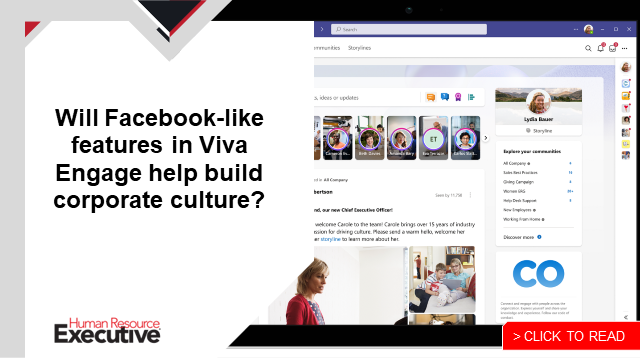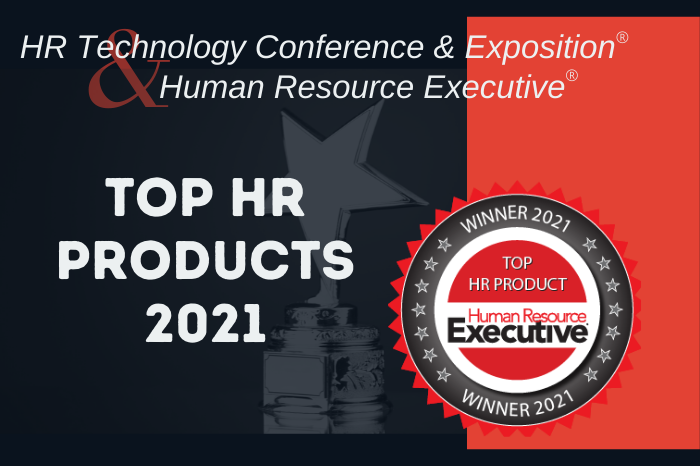At the upcoming HR Technology Conference, set for Sept. 13-16 in Las Vegas, one of the primary themes will be the “new world of work,” an examination of the innovative HR and workplace technology that can support the distributed, digital workforces of today. We will also look at how technology can support more sustainable business outcomes and can empower an enduring and thriving workplace culture. If that sounds like quite a large, all-encompassing challenge, well, it is. And if it sounds somewhat familiar to HR leaders who have been facing a series of unprecedented workplace and workforce challenges for the last two-plus years, well, that is also true.
If you can remember the time before the pandemic, the “future of work” was already a common topic at forward-thinking events, and session titles like “Workplace 2020” were pretty much everywhere. Leading HR minds had been asking these questions for years. But now, in 2022, while we may be asking some of the very same questions about the future of work that we were five, or even 10, years ago, this time—to paraphrase one of my favorite Albert Einstein quotes—the answers are different.
They must be different, influenced both by the practical exigencies of pandemic disruptions, but also by the relentless and steady (even through the pandemic) advancement in the HR technology market. (As an aside, I continue to be amazed by both the consistently high numbers of innovative solutions emerging in the HR technology market, almost without any kind of noticeable impact from the providers’ own disruptions, and by the barriers that they have had to overcome.)
 So then, the combination of these unique times—with new ways of working and workplace environments that have been reconfigured and reimagined—and a labor market that has been both historically tight and consistently head-scratching, is leading HR and business leaders to reexamine the “future of work” questions and to conjure up new answers in real-time. Fortunately, you’re not alone in seeking new answers to these old, almost-perpetual questions. And also fortunately, an entire HR technology industry has spent the last two-and-a-half years building new solutions and capabilities to help organizations rise to this moment. Take it from me, who has seen literally hundreds of new HR technology demonstrations in the last few years, the depth and breadth of the available solutions has never been more interesting and impressive.
So then, the combination of these unique times—with new ways of working and workplace environments that have been reconfigured and reimagined—and a labor market that has been both historically tight and consistently head-scratching, is leading HR and business leaders to reexamine the “future of work” questions and to conjure up new answers in real-time. Fortunately, you’re not alone in seeking new answers to these old, almost-perpetual questions. And also fortunately, an entire HR technology industry has spent the last two-and-a-half years building new solutions and capabilities to help organizations rise to this moment. Take it from me, who has seen literally hundreds of new HR technology demonstrations in the last few years, the depth and breadth of the available solutions has never been more interesting and impressive.
Related: Sign up here for HRE‘s weekly HR tech newsletter so you don’t miss the latest on the industry.
I’ll leave you with one example of what I mean. For years, decades even, the concept of employee engagement was near the top of the list of concerns for HR leaders. HR technology providers did respond to this priority. But in the main, these tools sought to more efficiently assess current levels of employee engagement, although they largely provided few practical solutions to guide HR and business leaders to make meaningful and timely decisions. And engagement hardly budged.
Today, however, there are multiple examples of new, innovative HR technologies that can and do have a practical and measurable influence on improving the employee experience. You will see many of these on the soon-to-be-released “Top Products for HR in 2022” awards list, as well as at the HR Technology Conference itself. It is not just about measuring and assessing in 2022, it is about improving employee experience directly through new and smart technology. The opportunity for HR to have the “new” answers to the old questions is here. And technology is finally ready to be a significant part of those new answers.
Click here to register for the HR Technology Conference.



